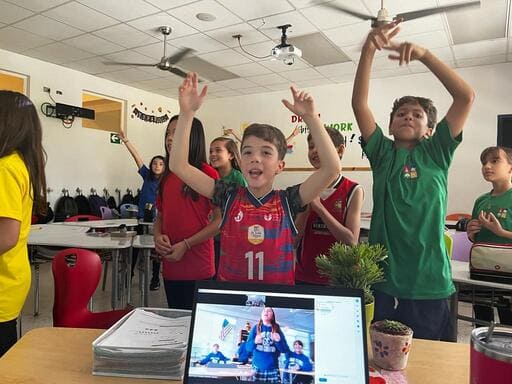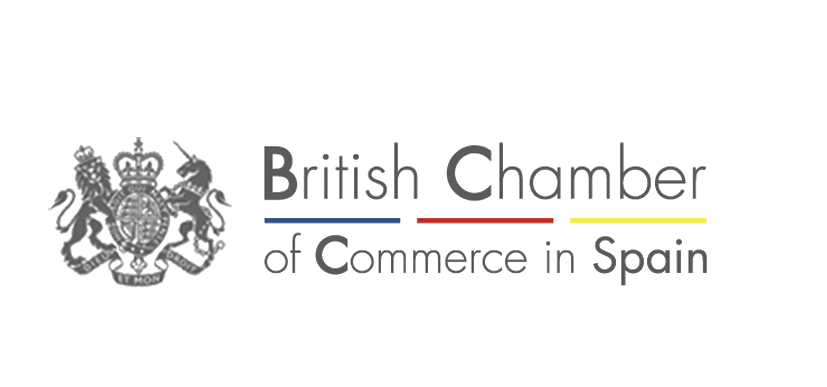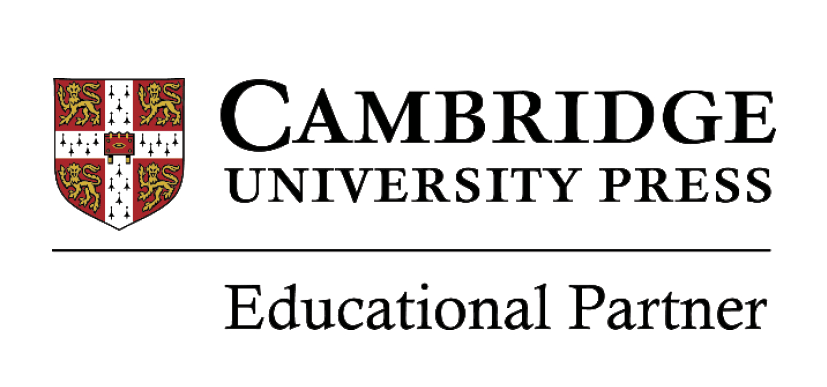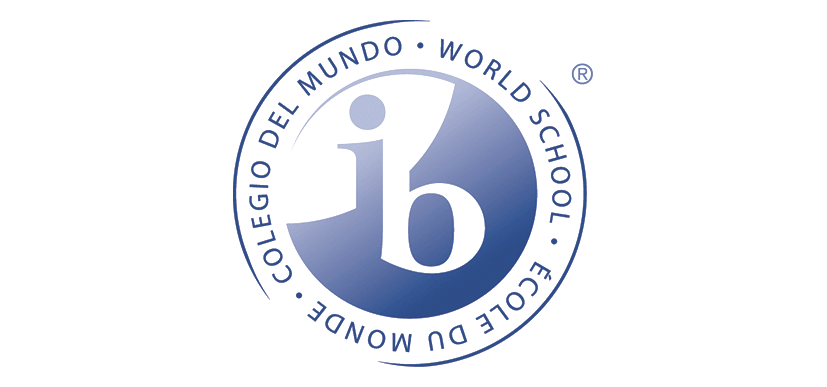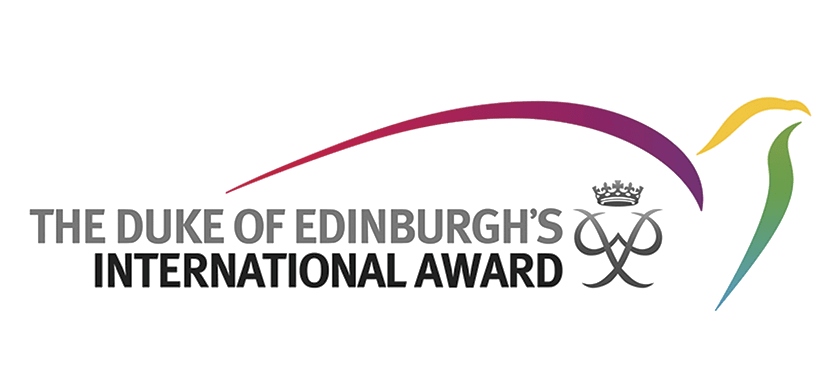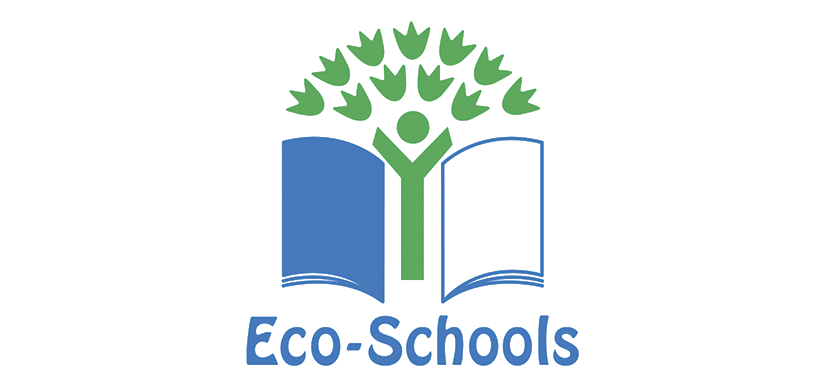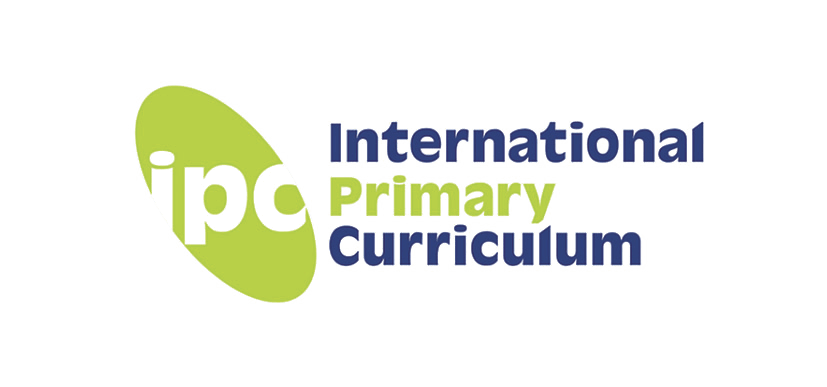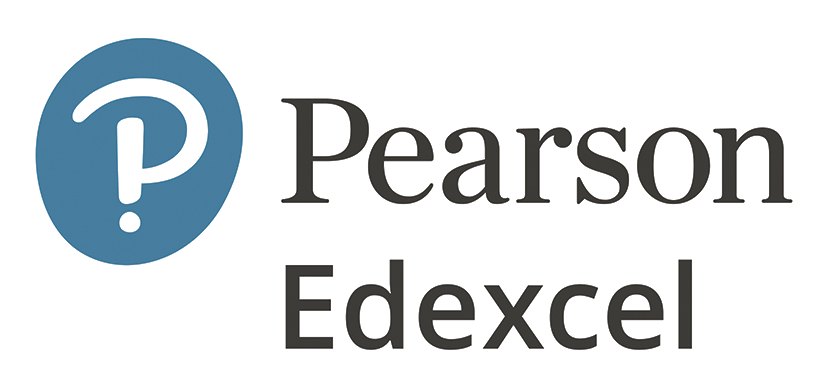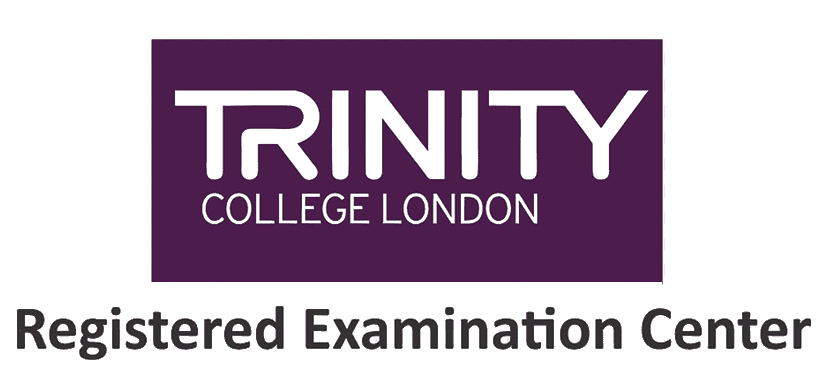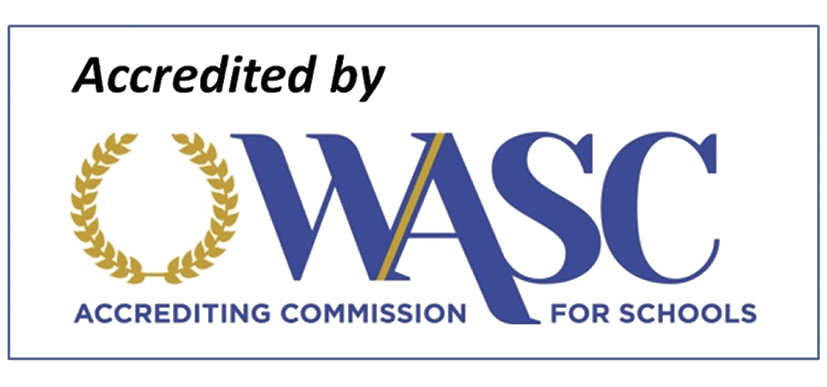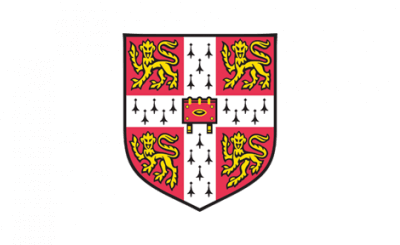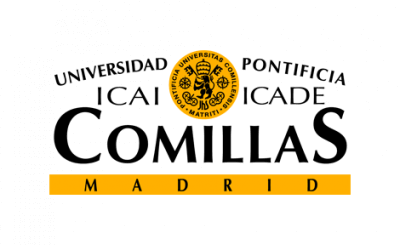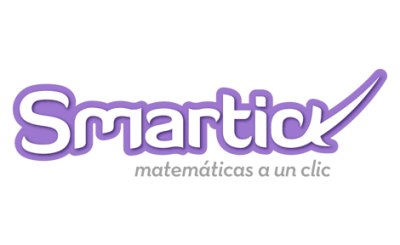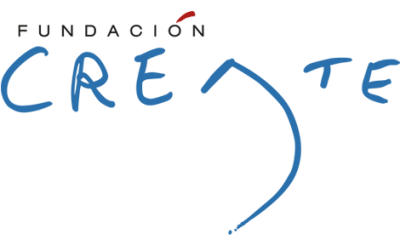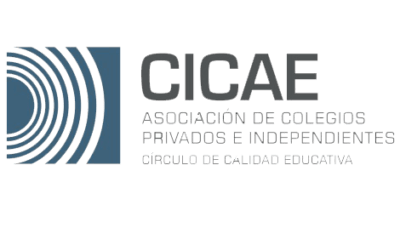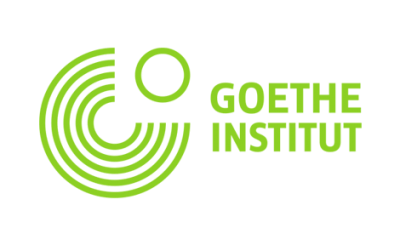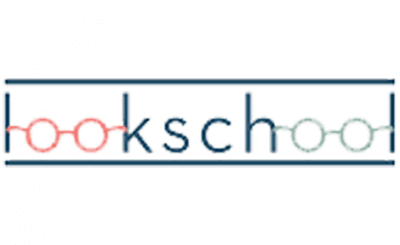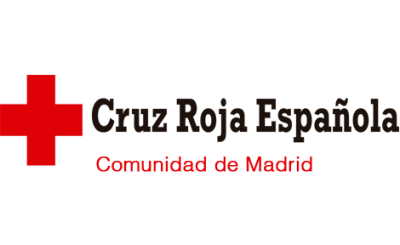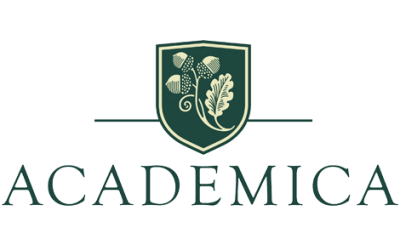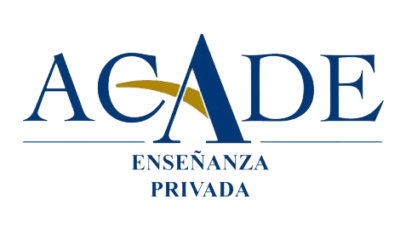“Sharing Learning” from Ana Aguilera
Ana Aguilera, from our ILOS Programme team talks to us about sharing learning and best practices.
Best Practices Sharing:
Could you highlight some success stories or innovative ILOS methods that have been particularly impactful within the past year? How is the ISP fostering a culture of sharing these best practices among schools?
ILOS is in continuous growth and learning thanks to our users and experts. This keeps our methods in review to better serve the growing number of ILOS users as well as the reach and quality of our programmes. Our greatest challenge is serving a wide arrange of school calendars. Currently, within the group, we only share 14 working days where all ISP schools are open at the same time! Thus, the need was clear for greater flexibility. The feedback provided by all of our user groups (students, teachers, administrators, regional teams, and families) was used to make a big jump in systems, processes, and programmes in all of our offerings over the summer. This was done with the goal of being more future-proofed for an exponential growth in enrolments. For example, we extended some programmes to have 2 editions within a year, we unified the design principles of all programmes to provide more accurate PILOS hours, we set a common limit of videocall hours, and we provided more asynchronous content in all programmes to increase flexibility of delivery methods. The result is that our schools have more agency to make ILOS programmes their own and share with their peers in other schools how the have implemented the programmes to suit their needs.
The big game changer, however, regional teams are the key to fostering a culture of learning. Iciar and Marta, in the case of the Iberian region, have hosted sessions for the region’s School ILOS Coordinators who get to share best practices, provide feedback, and grow a sense of community as part of the global ILOS team. The more confident our colleagues are the greater the impact ILOS learning methods will have.

Collaborative Learning Initiatives:
In what ways has the ISP encouraged cross-school collaboration in sharing effective teaching strategies? Are there specific platforms or forums where educators exchange ideas and insights to enhance the overall learning experience?
We are working on growing a sense of community among ISP colleagues that participate in ILOS. Our goal is in the near future to have a platform where collaborative learning happens organically among teachers. Some preparatory steps in that direction have been sharing in the programme registrations the contact details of other peers who are also coordinating the same programme, establishing sibling schools in ISP Changemakers and ISP Virtual Exchange Programmes, and hosting PILOS sharing sessions for ISP MUN and ISP Artists. Additionally, in 2024 we will be hosting focus group interviews to gather ideas and feedback on how we can strengthen the exchange of ideas among teachers across ISP schools.
Interdisciplinary Approaches:
Can you provide examples of how interdisciplinary approaches have been implemented to promote creative and holistic education? How are these approaches breaking down traditional subject barriers and contributing to a more integrated learning experience for students?
The ILOS team loves interdisciplinary learning! Two examples are ISP Scientists and ISP Filmmakers. On one hand, ISP Scientists’ new theme “Food, fashion, and me” takes students to do a scientific study of their own habits and propose creative ideas that could be replicable in their community to lower one’s carbon footprint. The programme includes sessions with industry experts and a professional platform for students to track their learning process. On the other hand, ISP Filmmakers theme for the year is social responsibility through the prompt sentence “and, what about tomorrow?”. We provided resources to the teams to explore the theme, and collaboratively ideate a storyline which is brought to life as they grow their filmmaking skills through this ILOS programme. These changes have already shown an increase in engagement with the programmes as well as higher quality of learning outputs and outcomes.
Professional Development:
How does the ISP support ongoing professional development for teachers to stay informed about and implement innovative teaching methods? Are there specific training programs or collaborative opportunities for educators to explore new pedagogical approaches? Masterclass and Skillshare?
This year it is the first time that ILOS offered learning programmes for coordinators at the programme and school level as well as a course for heads of school. Our aim is to guarantee a more uniform student experience as the courses share the expectations and resources our ILOS teams count with. Similarly, each programme holds specific training sessions for each of the platforms it uses. Additionally, all schools registered in ILOS get a Masterclass and a Skillshare account which is a core asset for some of the programmes, but that are meant as a resource for upskilling and growing the curiosity of our teachers. Both platforms are experts in learning from industry experts and in a more holistic approach.
Measuring Impact:
In your role, how do you assess the impact of shared learning initiatives on student outcomes and overall educational experiences? Are there any notable improvements or changes in these practices that have emerged as a result of collaborative efforts?
Two things come to mind: the assessment of learner outputs, and the evaluation of programmes. In the case of learner outputs, programmes like ISP Chess Masters, ISP Artists, ISP Scientists, and ISP Changemakers have provided teachers and students tools for self-assessing their learning. This extra-step guarantees that we keep our fun ILOS programmes focused on what matters most: learning. In term of evaluation of programmes, we are currently revising our evaluation and assessment procedures to better capture observational, numerical, and perceptional data to measure impact. Last year we expanded our surveys to other key user groups like heads of school, directors of learning, and regional coordinators. The results of our evaluations were compiled in an Impact Summary which can be found in our website. A notable improvement was that more students have shared that through the programmes they have grown their confidence in core skills like critical thinking, effective communication, and global citizenship. This year we are growing our data gathering to include data from the LIP ILOS roadmap by training our SCHILOS, provide differentiated evaluation for younger learners, kick-off ILOS learning visits, review the data from our ILOS Support Form, and hold focus group interviews for each user group. This will again result in an impact summary that will be shared with all teams. We can only keep providing a better experience to our students if we grow the confidence and curiosity of our teacher which is a journey of iterations in collaboration with our users.

